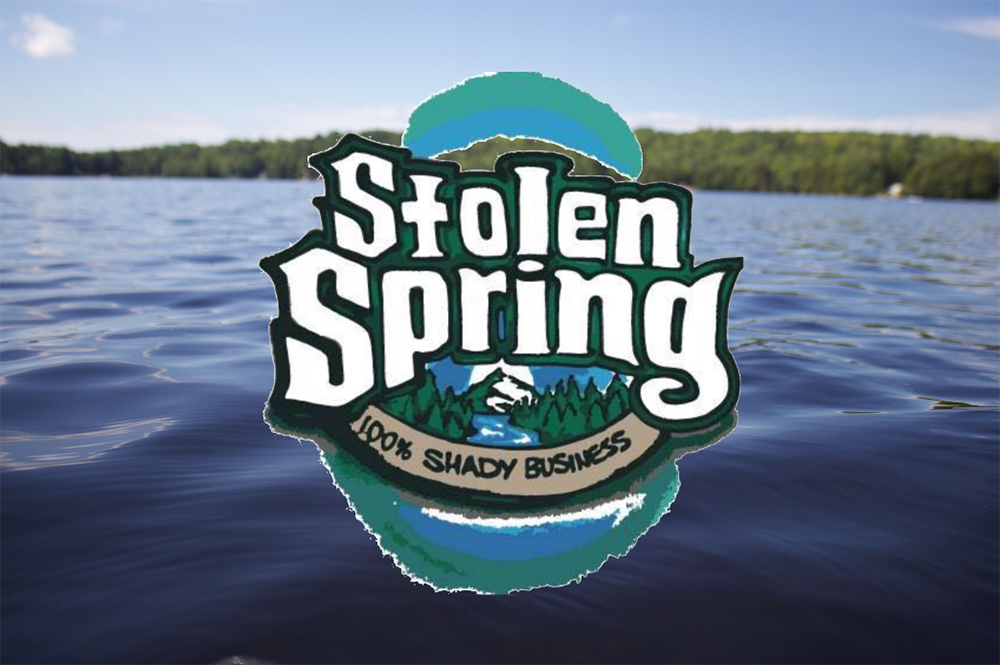As climate change and sustainability come to the forefront of many minds, we may overlook one of the most common multifaceted issues facing Maine and the world as a whole: where we get our water. University of Maine students testified in August to support a bill that would limit the power of corporate water companies in the state.
Luke Sekera-Flanders, a first-year political science and Native American studies student at UMaine, sat down with Maine Campus Media on April 3, 2023 to discuss water privatization and its dire implications for our state, economy and climate.
Sekera-Flanders is a member of Community Water Justice.
“[The Community of Water Justice is] a network of frontline communities across the state working on both resisting water privatization and pollution, but also building for a future where communities have the ability to make decisions for themselves regarding the the water sources that they rely on — exercising our ability to care for and live with water in a sustainable way,” Sekera-Flanders said.
Sekera-Flanders and other organizers from Community Water Justice testified in Augusta on March 30 in support of LD 1111, a bipartisan bill that, in short, aims to limit the often immense power held by corporate water companies. The bill would limit the permit length for bulk water exporters to 3 years to better examine their practices.
“It’s a basic fact of human existence, of all existence, that water is life,” Sekera-Flanders explained. “We’re around 70% water; it’s one of the most delicate and important foundations of all life on Earth, and so it deserves respect. We as humans have to honor just how important it is to our existence and in general.”
Failing to recognize something as simple as water can have dire implications.
“I think especially in a place like Maine where we generally consider ourselves to be a water- abundant region, we sort of take that abundance for granted,” Sekera-Flanders said.
Multinational corporations present a plethora of issues when it comes to sustainability, economy and the sanctity of rural Maine.
“Another key element of this conversation is the larger context of climate change. You will often hear water privatizers and bottled water industries, such as Poland Spring, say that the amount of water that they’re taking is a fraction of what the state of Maine has…but we can’t continue to take this abundance for granted in the long term,” Sekera-Flanders said.
Sekera-Flanders is from Fryeburg, Maine, where Nestlé subsidiary Poland Spring sources a portion of their water. The use of the Fryeburg water source has been notably controversial, as many residents opposed Nestlé’s occupation in the first place.
“Even regions that were once rich in water are now experiencing severe drought because of climate change. So we don’t know for certain what our water situation is going to look like in 10 years, let alone 45 years, which is the length of the contract for bulk water extraction that they secured in my hometown,” Sekera-Flanders said.
LD 1111 would give residents like those an opportunity to have some say over issues in their own hometown.
“[The bill] gives us the ability to make decisions according to the conditions and needs of that particular community. Say, if a drought hits and it’s no longer viable to allow this extraction and continue, they have a mechanism to be able to say ‘okay, that’s enough.’ Because in Fryeburg, we tried to stop them and they came at us in full force, multi-billion dollar industry, all the best lawyers money can buy, and we’re just a bunch of rural, concerned community members,” Sekera-Flanders said.








